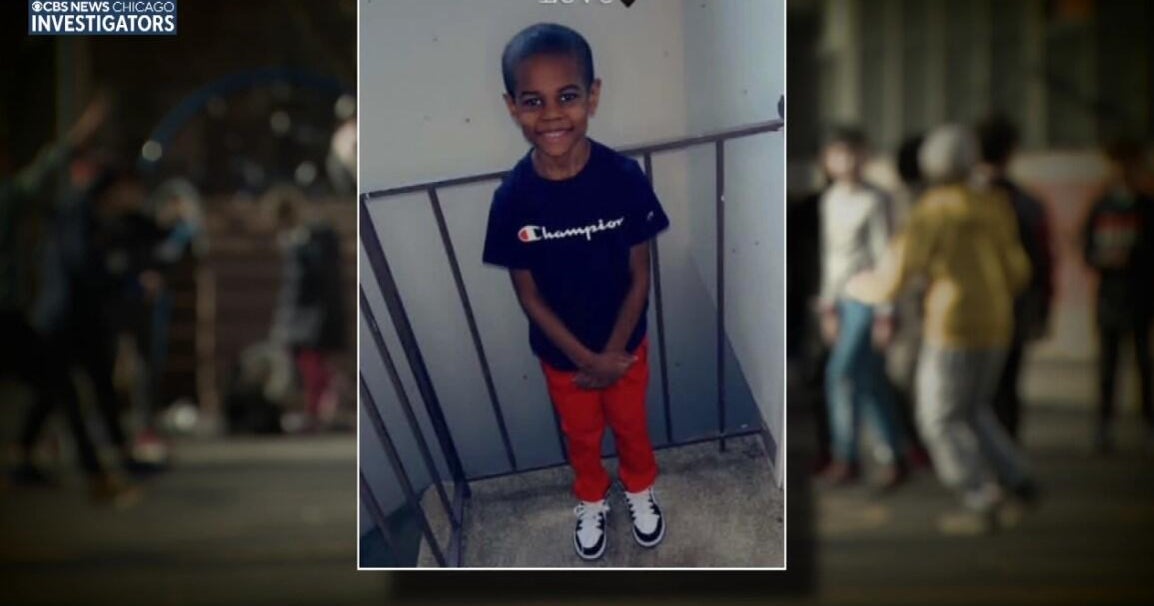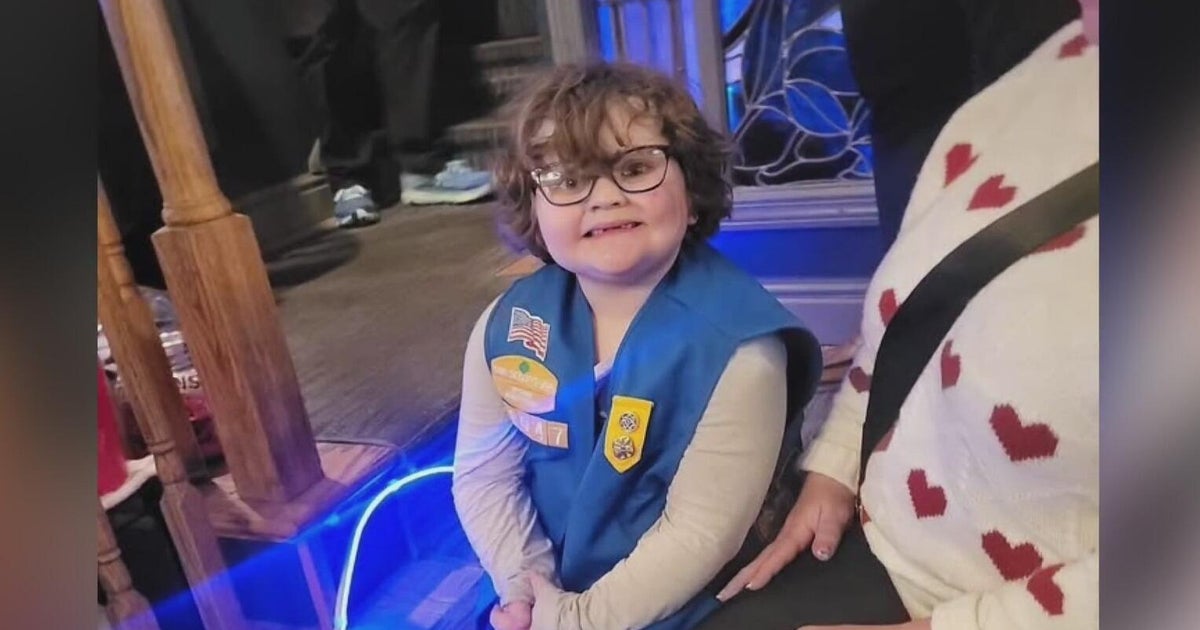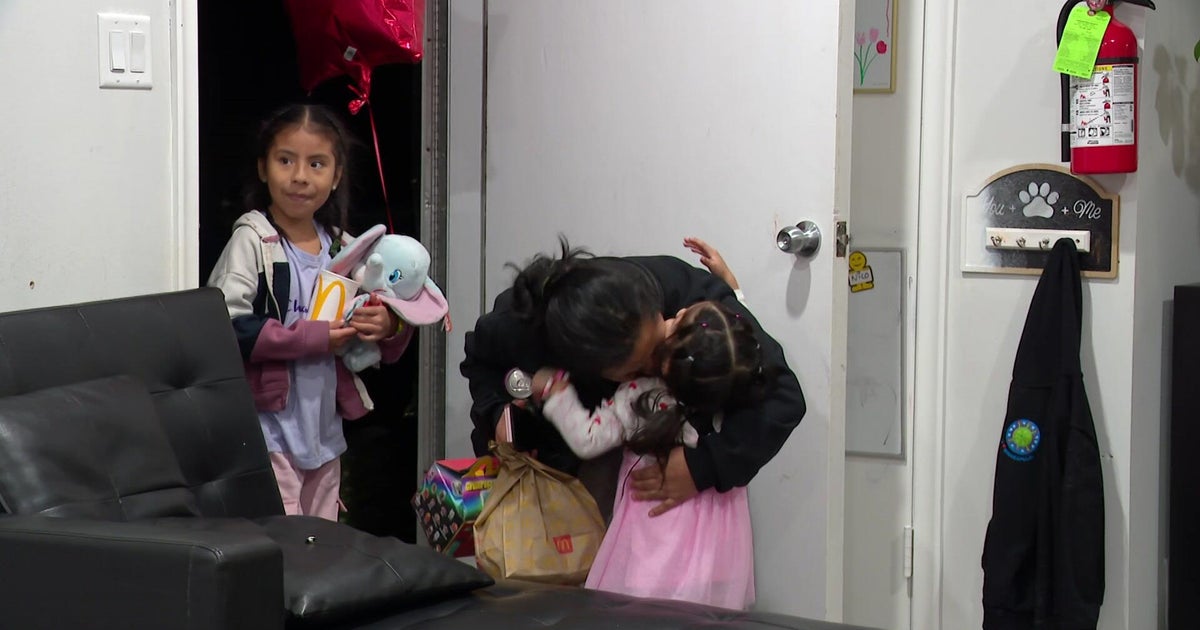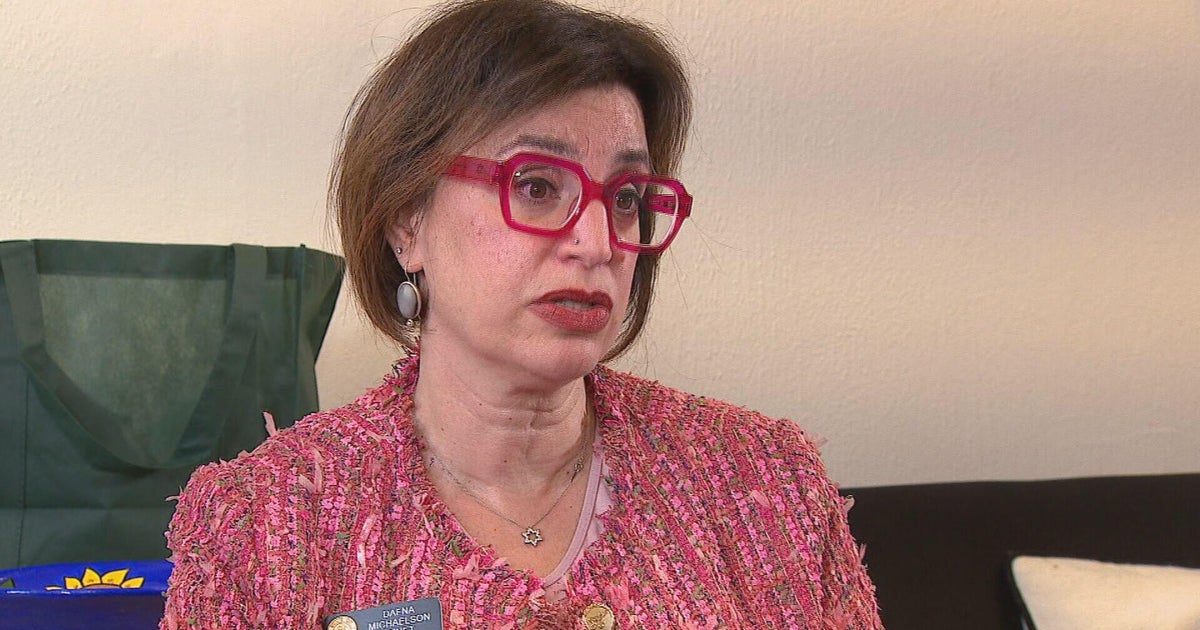UPMC research helps 2 Pittsburgh-area families find answers about rare disease
PITTSBURGH (KDKA) — Some doctors call it the rarest of the rare, and two local families learned their children share the same diagnosis.
Monday marks Rare Disease Day, a day to raise awareness for the 300 million people dealing with a diagnosis that turns up a lot of search results on Google.
Kaitlyn Fryar's son, Hudson, brought so much joy to the family, but she knew something felt off.
"He was just such a happy, pleasant baby, but there were some things I was always watching out for, like he slept a lot, and he wasn't reaching the milestones like my daughter, our oldest," she said.
A mother's intuition led to doctor's appointments with no answers.
"She said he was going through a phase," Kaitlyn Fryar said. "He was 5 months old, and so I wanted to believe in my heart that he was going through a phase. But a week later he passed away."
Kaitlyn Fryar did not believe sudden infant death syndrome caused Hudson's death. And more than a year later, genome testing revealed TANGO2 as the cause.
"When we finally got the diagnosis, I was pregnant with our third and we ended up doing a genetic amniocentesis and found out he also has TANGO2 and is affected," Fryar said. "So our genetic doctor did not have a patient with TANGO2 yet."
UPMC's chief of genetic and genomic medicine said this disease proves the value of genetic testing and exome sequencing because now we know Kaitlyn Fryar's youngest, Cole, has the disease too.
"Because instead of taking one step at a time and looking for one disease at a time, this basically just looks for everything that we know about all at once. So all you have to decide is something is wrong and you can go to this test," said Dr. Gerard Voclkey, UPMC's chief of genetic and genomic medicine.
With test results in hand, UPMC wanted to learn more. Using $10,000 dollars in funding, a team started researching. We went from not knowing what TANGO2 is to finding out what causes it.
KDKA-TV's Meghan Schiller: "How many years had you gone with no answers?"
"Since he was probably 5 or 6 was the first time we took him to the ER because he was playing and all of a sudden he fell and just couldn't get up," said Cesar Martinez, a father of a child with TANGO2.
It's research that is changing Martinez's life. He finally knows what's causing the medical struggles for his 17-year-old son, John.
"My experience as a parent has been very different now because we know what to look for," Cesar Martinez said. "And we all know now John needs to take a lot of vitamin B and D3, and he needs to eat at least every six hours to prevent any kind of metabolic crises."
Both families feel hope, finally taking action to treat both Cole and John's symptoms.
"I'm encouraged by the foundation," Kaitlyn Fryar said. "We might be small in numbers, but it's a mighty foundation and they're doing big things and I'm just so thankful for the researchers who want to study this."
If you're interested in learning more about TANGO2 or helping to financially support the research that is truly a lifeline for these families, click here for more.







